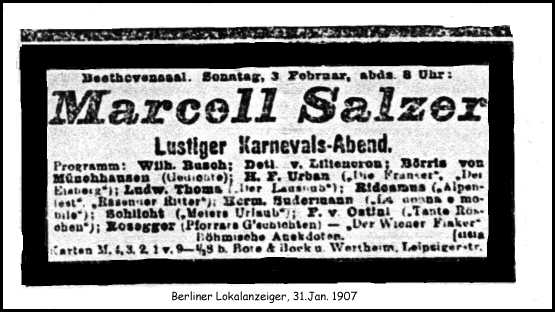
The Frankfurter Zeitung was a German language newspaper that appeared from 1856 to 1943. It emerged from a market letter that was published in Frankfurt. In Nazi Germany it was considered the only mass publication not completely controlled by the Propagandaministerium under Joseph Goebbels.
History
After the foundation of the German Empire in 1871, the Frankfurter Zeitung became an important mouthpiece of the liberal bourgeois extra-parliamentary opposition. It advocated peace in Europe before 1914 and during World War I.
During the period of the Weimar Republic, the paper was treated with hostility by nationalist circles because it had pronounced itself in favour of the Treaty of Versailles in 1918. At that time it no longer stood in opposition to the government and supported Gustav Stresemann's policy of reconciliation.
The Frankfurter Zeitung was one of the few democratic papers of that time. It was known in particular for its feuilleton, in which works of most of the great minds of the Weimar Republic were published.
After the 1933 seizure of power by the Nazis, several Jewish contributors had to leave the Frankfurter Zeitung, such as Siegfried Kracauer and Walter Benjamin. Because it was convenient for propaganda abroad, the paper was initially protected by Propaganda Minister Goebbels. The dictator Adolf Hitler banned the newspaper in 1943.
The Frankfurter Allgemeine Zeitung somewhat considers itself as a successor organisation, as many former journalists of the Frankfurter Zeitung helped to launch it after 1946.
When Hermann Hesse wrote for the Frankfurter Zeitung, Jewish refugees in France accused him of supporting the Nazis. He did not openly oppose this.

 Lefthit
Lefthit
No comments:
Post a Comment